"Europe facing worst crisis since 1945"
Europe is facing its most difficult crisis, and a crisis of confidence, since 1945, said President of the European Commission (EC) Jose Manuel Barroso.
Tuesday, 06.03.2012.
10:41

Europe is facing its most difficult crisis, and a crisis of confidence, since 1945, said President of the European Commission (EC) Jose Manuel Barroso. Barroso, who is visiting Austria, said in a statement to public television ORF that said he is not certain that the crisis has passed, but that "we're in a better position than before". "Europe facing worst crisis since 1945" Jose Manuel Barroso is on a two-day visit to Austria, a country that 20 years ago became a member of the newly established European Union (previously, the European Economic Community). "Procrastination with measures to stop the crisis was a mistake and that price is - lost money," said Jose Manuel Barroso. Now the pressure on the countries of the European Union is higher, but because of it, structural reforms to improve competitiveness are now being carried out a speed that up until recently was unthinkable, assessed the Portuguese diplomat. Asked if he believed that a year from now all countries that are now its members would continue as part of the eurozone, Barroso responded affirmatively. In the case of Greece, the costs of withdrawal would be much higher and would cause a domino effect within the zone, the EC president believes. "Therefore, Greece, which is now determined to implement reforms, must be provided with assistance. Nevertheless, the country does not currently require a third 'rescue package'," he said. Recalling that in 2010, taxes on financial transactions were announced, Barroso emphasized that the plan was still "on the table". It is not clear whether this tax will be introduced for all in 2014, he noted. The intention is to encourage the vibrancy of financial institutions, especially banks, in which users would need to regain confidence, and which should lend at lower interest rates, he believes. During the two-day visit to Austria, Jose Manuel Barroso also met with President Heinz Fischer. Barosso (left) and Austrian Chancellor Werner Faymann (Beta) B92 Beta Tanjug Der Standard, ORF
"Europe facing worst crisis since 1945"
Jose Manuel Barroso is on a two-day visit to Austria, a country that 20 years ago became a member of the newly established European Union (previously, the European Economic Community)."Procrastination with measures to stop the crisis was a mistake and that price is - lost money," said Jose Manuel Barroso.
Now the pressure on the countries of the European Union is higher, but because of it, structural reforms to improve competitiveness are now being carried out a speed that up until recently was unthinkable, assessed the Portuguese diplomat.
Asked if he believed that a year from now all countries that are now its members would continue as part of the eurozone, Barroso responded affirmatively.
In the case of Greece, the costs of withdrawal would be much higher and would cause a domino effect within the zone, the EC president believes.
"Therefore, Greece, which is now determined to implement reforms, must be provided with assistance. Nevertheless, the country does not currently require a third 'rescue package'," he said.
Recalling that in 2010, taxes on financial transactions were announced, Barroso emphasized that the plan was still "on the table". It is not clear whether this tax will be introduced for all in 2014, he noted.
The intention is to encourage the vibrancy of financial institutions, especially banks, in which users would need to regain confidence, and which should lend at lower interest rates, he believes.
During the two-day visit to Austria, Jose Manuel Barroso also met with President Heinz Fischer.











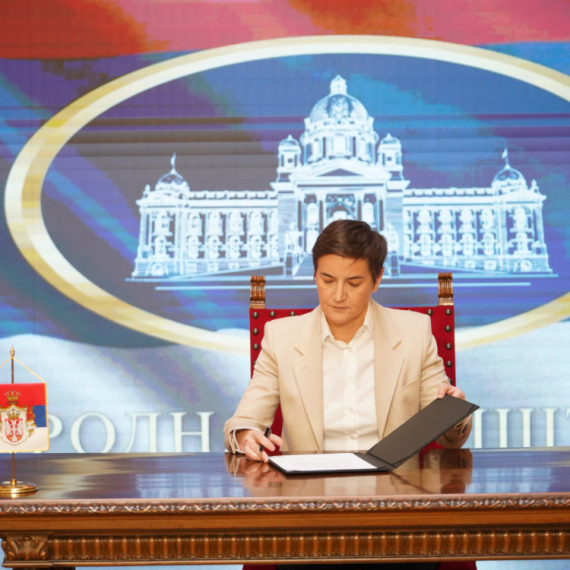
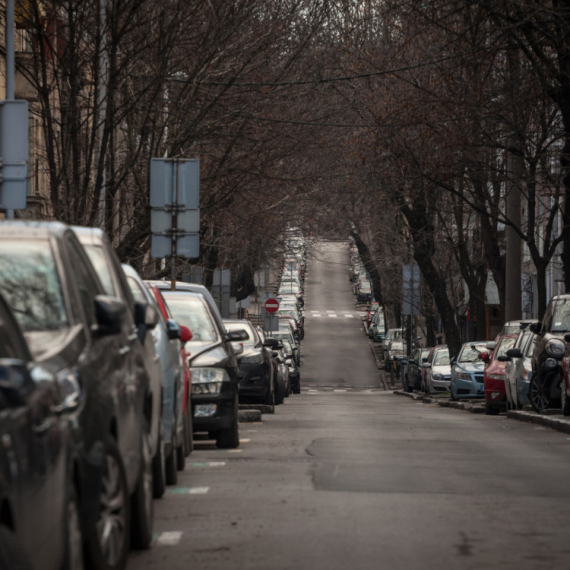
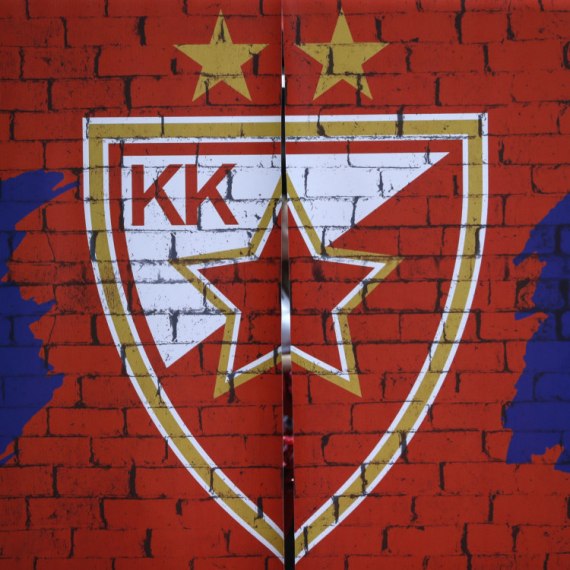
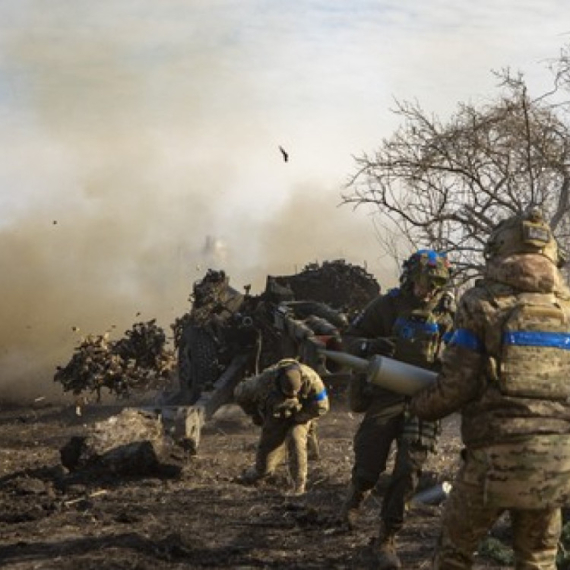
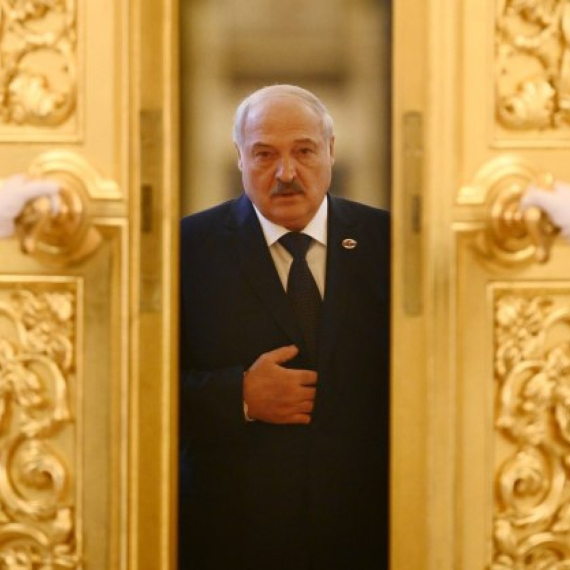
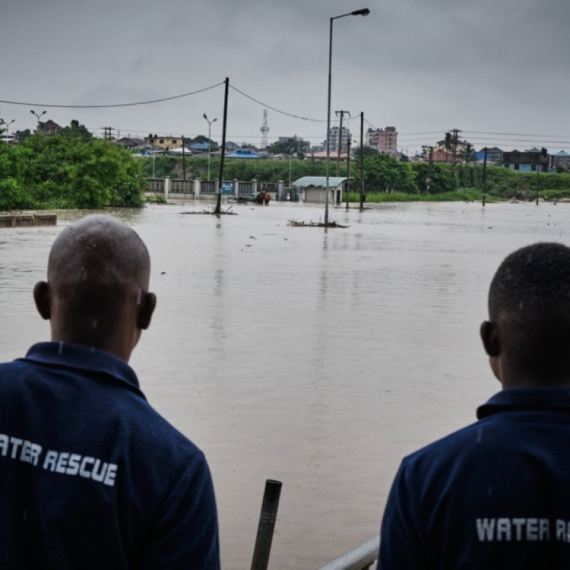
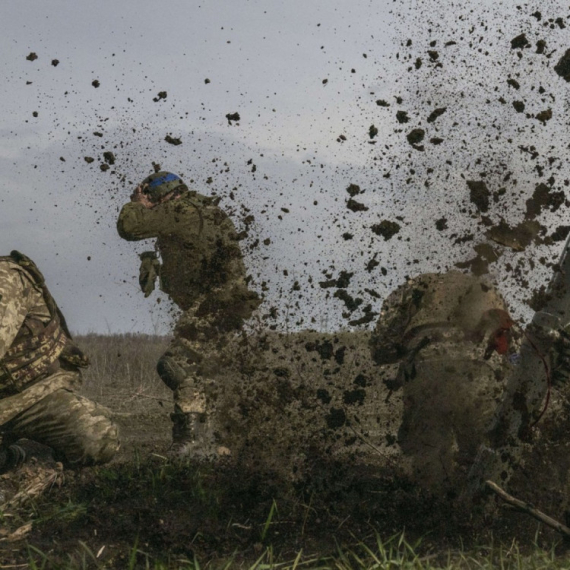


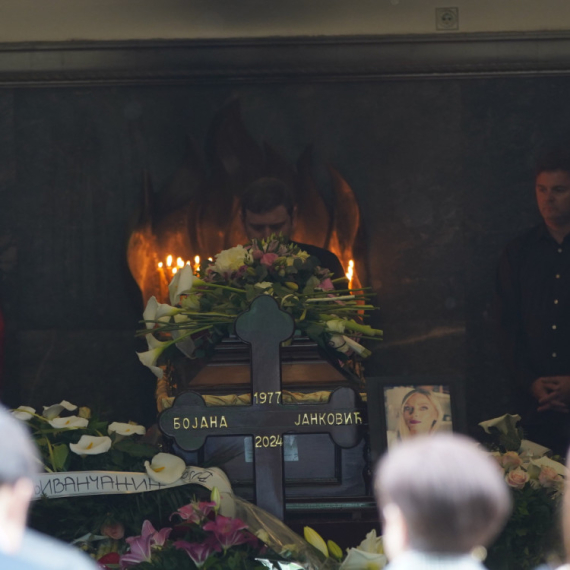
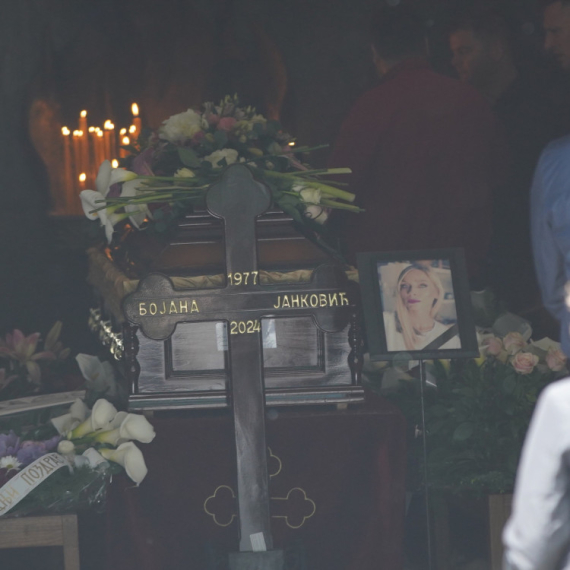






























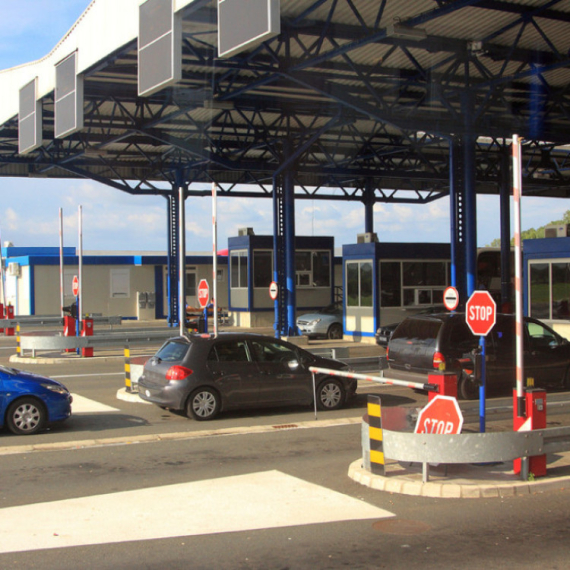






Komentari 8
Pogledaj komentare